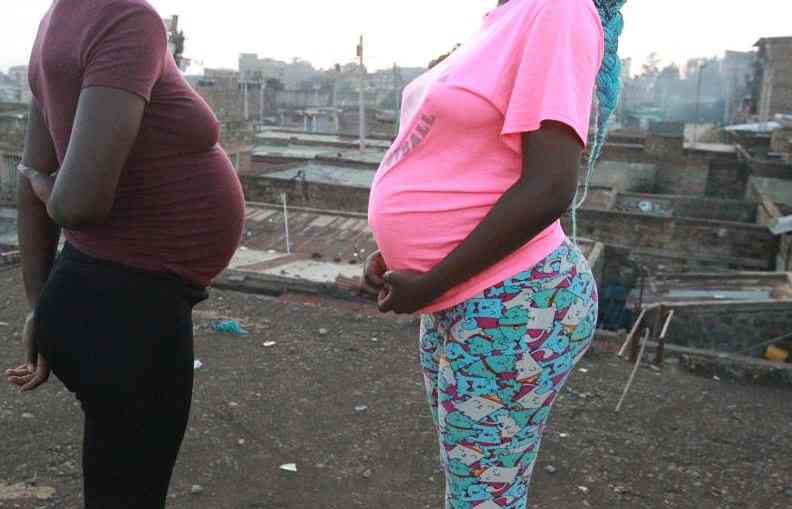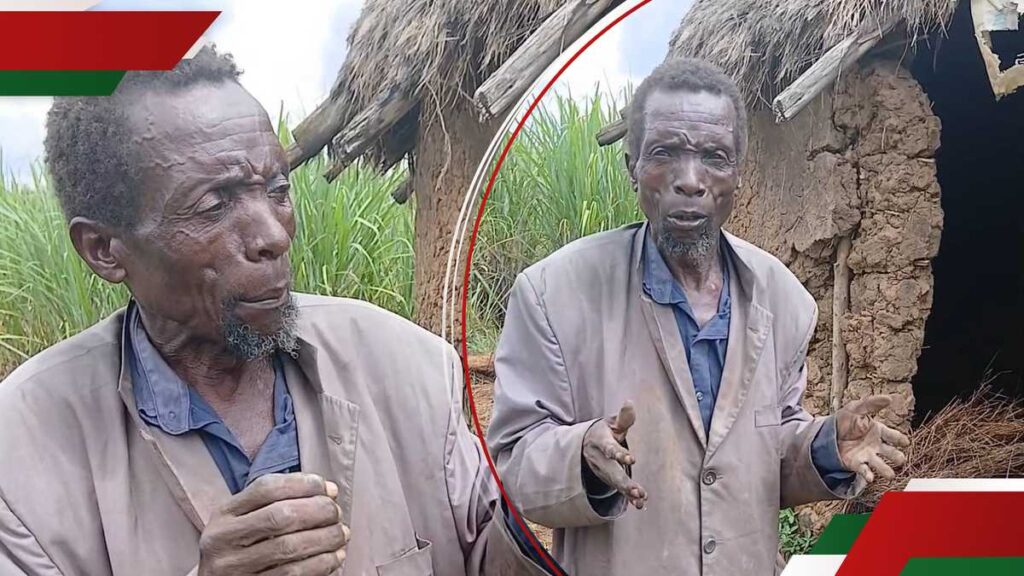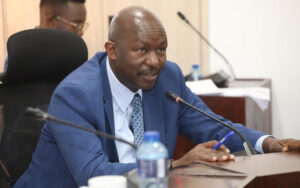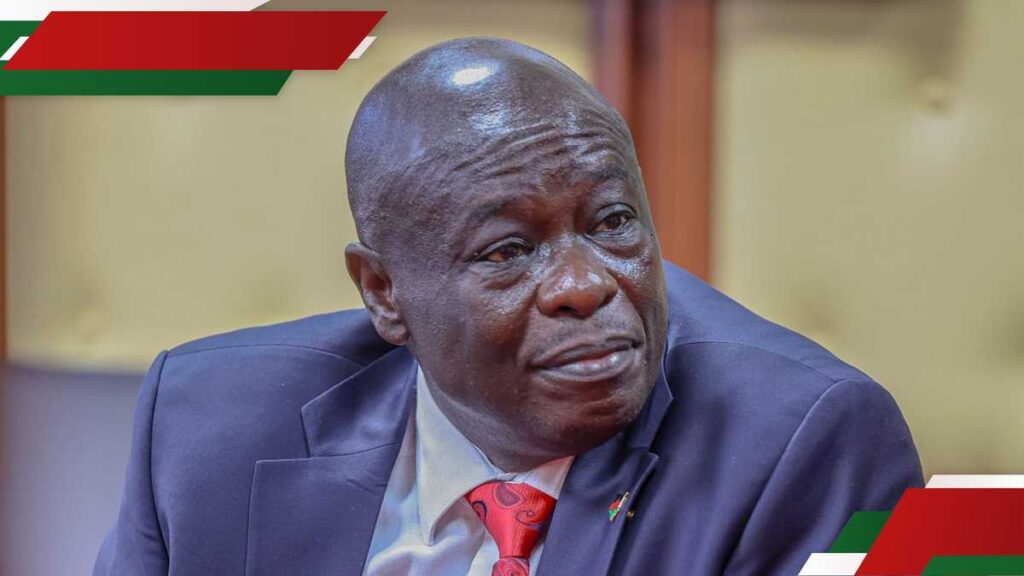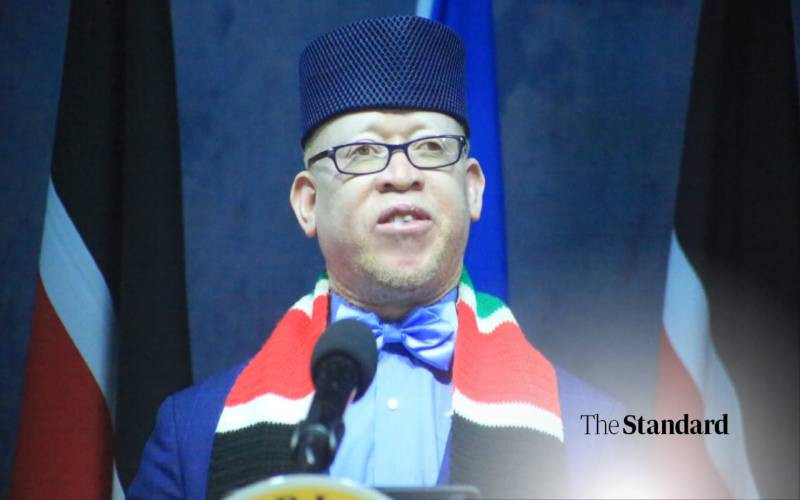As adolescents enjoy their April school holidays, health stakeholders across Africa are raising alarms over rising rates of teenage pregnancies, new HIV infections, and school dropouts, all linked to early unprotected sexual activity.
In Kenya, recent data paints a worrying trend, with at least six adolescents aged 10 to 19 acquiring HIV every day, with 691 pregnancies reported.
Experts emphasise that these cases are largely preventable, urging urgent interventions to promote sexual responsibility and delay sexual debut among adolescents.
In response to the escalating crisis, the Step-Up Campaign, a regional advocacy initiative supported by the HIVOS Foundation, is advocating for reforms across the five countries most affected—Kenya, Uganda, Zimbabwe, Malawi, and Zambia.
The campaign focuses on three critical threats to adolescent health, namely HIV, teenage pregnancy, and gender-based violence. “In all five countries, adolescents under 18 often require third-party consent to access healthcare services,” said Tatenda Songore, Executive Director, Youth Advocates.
“Yet many of them are already sexually active, representing at least 3 out of 10 (25 per cent).
The campaign calls for changes to outdated legal and policy frameworks that prevent minors from accessing preventive and treatment services.
“People often mistake access to reproductive health services for permission to engage in sex,” the director noted. “But the truth is, not all adolescents are sexually active. For those who are, preventive services can make a life-saving difference.”
The stakeholders are also advocating for a multi-pronged approach to delay sexual debut. This includes keeping adolescents in school, building their confidence to say no to peer pressure, promoting parent-child communication and creating safe spaces for dialogue.
Act decisively
As the school break continues, health leaders are urging communities, governments, and parents to take responsibility and act decisively. The cost of inaction, they warn, is a lost generation deprived of its potential.
Dr Douglas Bosire, Acting CEO of the National Syndemic Disease Control Council (NSDCC), acknowledged the big challenge in addressing the health and well-being of adolescents aged 10 to 19 years.
For example, in 2023 alone, at least 2,083 children between 10 and 19 years were infected with HIV, out of a total of 16,752 new HIV infections reported in the country. Surprisingly, the same year, 37 per cent, representing 11, 379, of all sexual and gender-based violence cases were children in this age bracket.
“These children are vulnerable to sexually transmitted diseases, such as HIV infections and early pregnancies,” said Bosire.
Stay informed. Subscribe to our newsletter
Additionally, 252,000 girls between 10 and 19 visited Anti-natal clinics (ANC) in the country, representing about 691 cases every day. This is a staggering number at a period when children should be in school.
“A child aged 10 to 19 should either be in primary school, high school or beginning university studies, but instead, we have to take them out of school to manage their pregnancies. And if they are fortunate enough to carry a pregnancy to term, they must care for their children,” said Bosire.
He added, “Dropping out of school creates a cycle of poverty. The bodies of these children are not developed enough to carry the pregnancy to term, they face trauma, even if they are later able to return to school.”
There is a lack of knowledge among adolescents, with only 5 out of 10 being aware of HIV/AIDS.
Sexual education
To address early pregnancies, new HIV infections, sexual gender-based violence, and improve sexual education, the NSDCC is running Triple Threat Campaign. This initiative brings together key stakeholders, including chiefs, security forces, and the Ministry of Education
“Adolescents are engaging in a lot of unprotected sexual activities,” said Bosire. He attributed the rise in infections to a lack of knowledge about sexuality. One key indicator of this is the high rate of HIV infections. Only 54 per cent of adolescents are aware of how to protect themselves from HIV.
According to Bosire, parents and clergy have dropped the ball, as they do not spend enough time with children to instill good values. “How many clerics stand in the pulpit to talk to our children about sexuality, HIV, or child pregnancies? posed Bosire.
He added, “In school, children are taught subjects like biology, mathematics, physics, but there is little focus on human sexuality —how to protect themselves from child pregnancies and HIV infections.”
Of the 16,572 new HIV infections reported in 2023, adolescents and young adults aged 15 to 34, accounted for 75 per cent of the cases. According to Bosire, these individuals often do not recognise the severity of HIV, as they were born during a time when Kenya and the world had made significant strides in HIV testing and treatment. He observed that the generation does not have knowledge and understanding of HIV.
The peak of HIV epidemic in Kenya occurred between 1990 and 1995, and again in 1996 and 1997, when at least 200,000 lives were lost each day.
“We witnessed HIV kill people, wrapped in sacks for burial. We were so scared of HIV. We have living example of what HIV can do to the body, but because of the treatment programme, you cannot look at me and know if I am living with HIV or not. It is suppressed, which improves my immunity.
He noted that the majority of new infections are among those born in 1995 or 1990—about 35 years old—an age group that never witnessed the deadly impact of AIDS.
“These young people never witnessed AIDS first hand. For them, HIV is something that does not affect their daily lives. That is why, to them, pregnancy is more frightening than HIV infections,” he added.
Dr Geoffrey Wango, Senior Lecturer and Counselling Psychologist at the University of Nairobi, expressed concern over young people’s sexual behaviour, stating, They are having a lot of sex, sneaking from home, and even engaging in sexual activity in secondary schools.”
Use of internet
He attributed much of this reckless behaviour to the wide spread use of the internet, which provides a lot of information. Howeverer, he observed that this information does not necesarily translate into proper education.
A significant portion of adolescents and young people, he added, are exploring social media platforms like TikTok and other sites with misleading and inappropriate content on sex, which they imitate.
“Young people think they are informed because they know about sex, but sex comes with terms and conditions that apply. They may know a lot about sex, but they are not educated about it,” Wango concluded.
“What happens is that, because they have access to information about sex, they want to explore and try it out. In fact, even in schools, many young people are engaging in sexual activity during their teenage years. Unfortunately, most of this sex is unprotected,” Wango told The Standard in an interview.
Shockingly, as adolescents adopt reckless sexual behavior, he pointed out that parents are often too busy to monitor what their children are doing.
Parents, he insisted, should restrict their children’s use of smartphones or implement regulated programmes to prevent access to pornography and substance abuse. “They have access to information, but they are not educated,” he added.
“The age range of 10 to 19 presents a real challenge. In Kenya, at least 15 percent of all teenage pregnancies involve children. We would like to see this number lower, as children should not be having children,” said Jacqueline Kisia, head of Adolescent and Young Sexual Reproductive Health.
Kisia emphasized the importance of delaying sexual activity in adolescents, which can be achieved through increased awareness and active parental involvement. She noted that many parents are often absent from the home, leaving a gap in addressing crucial issues at the family and household level. She suggested a collaborative effort with the Ministry of Education to raise awareness at schools, informing adolescents about the potential consequences of early sexual engagement.
“Delaying sex means staying in school, becoming more successful, eventually going to university, creating a job, or being employed, leading to empowerment,” Kisia said.
Dr Christine Wambugu, Acting Head of the Adolescent Health Section at the Ministry of Health, added that adolescents should be viewed holistically. This includes not only reproductive health but also mental well-being, nutrition, and emotional support. She pointed out that many parents are ill-equipped to guide their children effectively, which is why the Ministry developed Understanding Adolescents, a booklet designed to help young people navigate their changing bodies and encourage open communication with caregivers.








